John Kerry visits China amid high tensions between Washington, Beijing
US special climate envoy John Kerry has arrived in Beijing, as Washington continues to push for reopening closed channels of communication between the two powers.
Kerry, who arrived in Beijing on Sunday, is the third senior White House official to head to Beijing in past weeks to hold “in-depth” talks with Chinese officials.
The US State Department said the two sides would address the climate crisis, including “increasing implementation and ambition and promoting a successful COP28”, referring to the next United Nations climate change conference, to be held in Dubai in December.
Kerry's visit follows earlier trips to China by Treasury Secretary Janet Yellen and Secretary of State Antony Blinken.
China has repeatedly called on US officials to take concrete measures if they want to restore broken communication lines and improve bilateral ties. In particular, Beijing wants Washington to lift the sanctions slapped on China.
The US claims Washington's anti-Beijing measures aim to protect US interests.
During her visit to China, Yellen confirmed that the two sides will continue to have disagreements in this regard.
“The United States will, in certain circumstances, need to pursue targeted actions to protect its national security,” Yellen said. “And we may disagree in these instances.”
Observers assessed both visits by Blinken and Yellen as failures.
Kerry’s visit could be successful for climate talks and for moving beyond the current political impasse between Beijing and Washington.
Before the visit, Kerry had suggested that climate change should be viewed as a “critical stand-alone issue”, separate from other disagreements between Beijing and Washington.
Chinese President Xi Jinping sees global warming and climate change as a top priority, emphasizing the need for scientific cooperation and open sharing in this regard.
However, tensions rose earlier this year when a Chinese climate balloon crossing over the United States was shot down by a US fighter jet.
After the downing of the balloon, Chinese top military officials refused to hold talks with their American counterparts.
US Assistant Secretary of Defense for Indo-Pacific Security Affairs Ely Ratner complained in May that Pentagon’s numerous attempts to reach out to China’s military had been either rejected or ignored.
In the meantime, Washington fears the broadening of relations and expansion of military ties between Russia and China.
Blinken warned China in February about the consequences of Beijing providing weapons and munitions to Moscow.
He said back then that China was “strongly considering” supplying Russia with military aid in its conflict with Ukraine.
“China is trying to have it both ways,” Blinken said, The Hill reported. “Publicly, they present themselves as a country striving for peace in Ukraine. But privately, as I said, we’ve seen already over these past months the provision of non-lethal assistance that does go directly to aiding and abetting Russia’s war effort.” Blinken also claimed that Beijing is considering providing “material support to Russia’s war effort that would have a lethal effect.”
Ukraine, on the other side of the ledger, has been continuously receiving massive military aid from the US and its Western allies.
"Ukraine is running out of ammunition and the United States and Europe have not been able to come up with the resources necessary to change that (situation)," according to former US Marine Corps intelligence officer Scott Ritter.
Ritter described Washington's decision to provide Ukraine with globally-banned cluster bombs as "an act of desperation."
Russian President Vladimir Putin confirmed on Sunday that Russia's military had more than enough of any kind of munitions it needed to win the proxy war against the collective West, while noting that the United States' ammunition stockpiles were running low.
Iran seeks South Korea’s assistance for AI, fiber-optic projects
VIDEO | Iran's 'Eqtedar' (Power) maneuver
Israel hits HTS military target in Syria for 1st time since fall of Assad
VIDEO | Press TV's news headlines
Israel has slaughtered 13,000 students in Gaza, West Bank
VIDEO | More Zionist than Zionists: Biden’s legacy to be defined by Gaza genocide
Hamas confirms handing approval of Gaza ceasefire deal to mediators
VIDEO | Iran: Show of strength


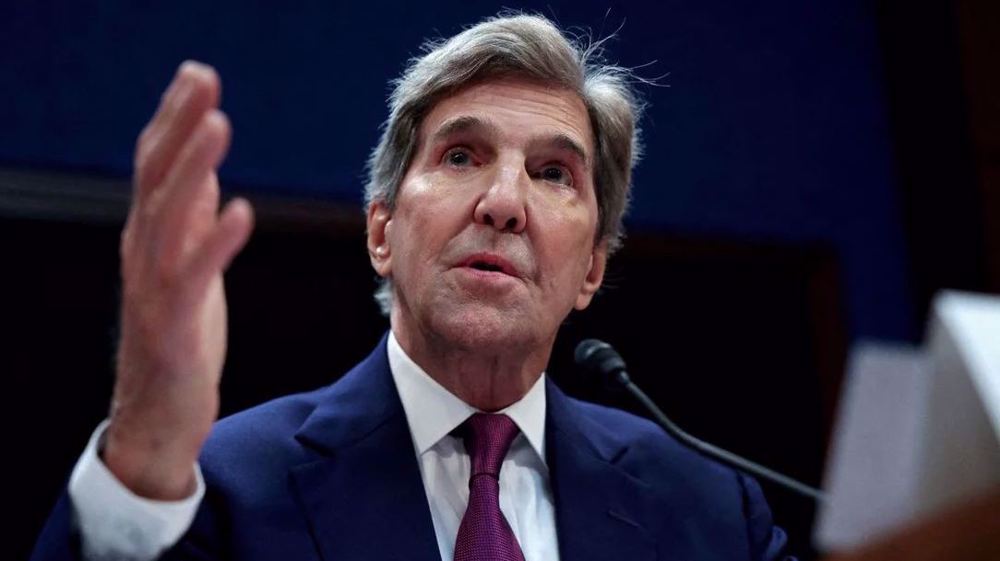
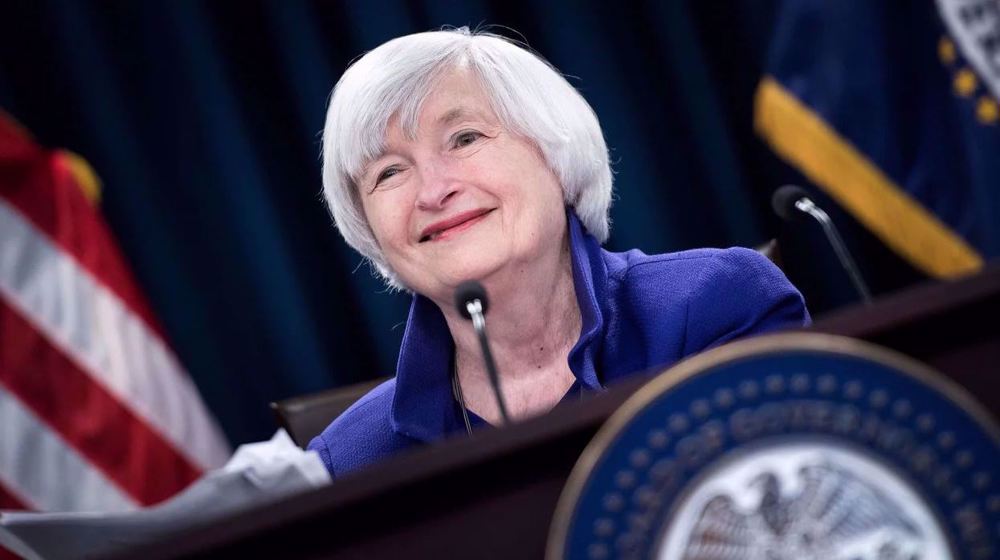
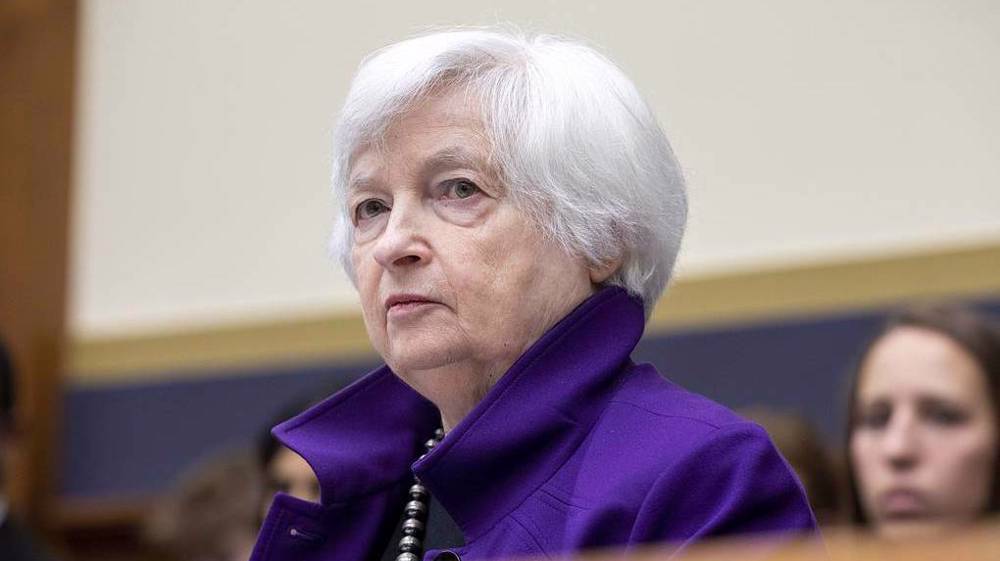

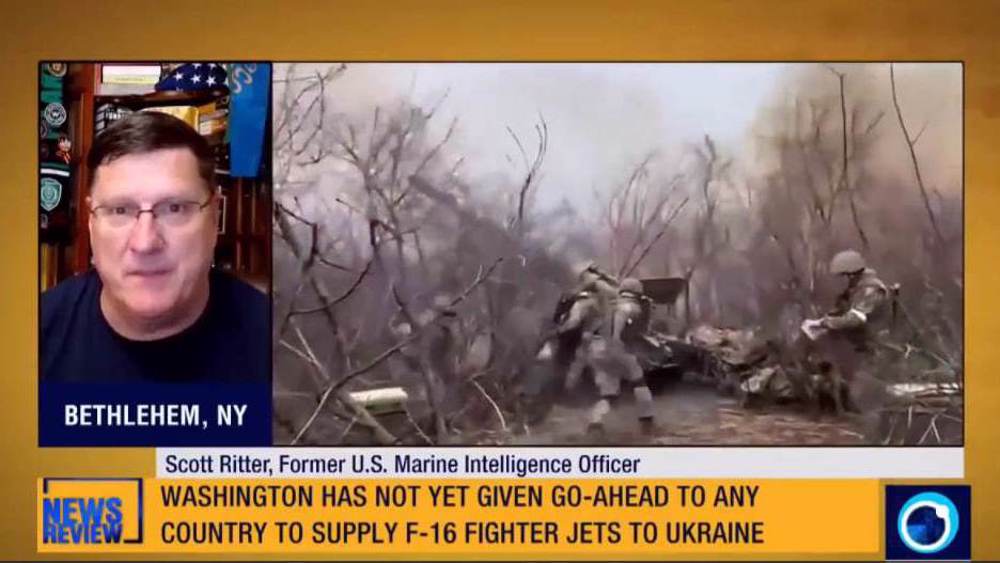


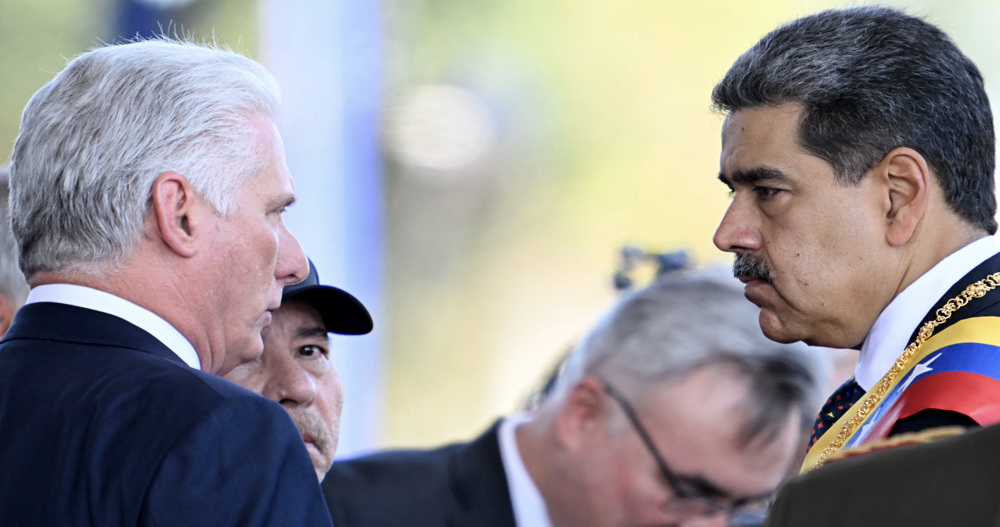



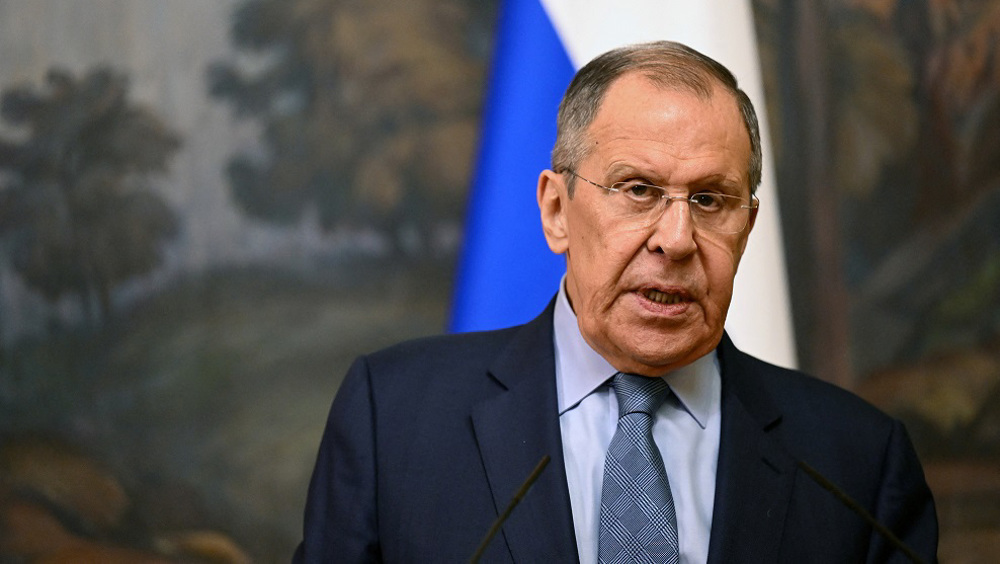
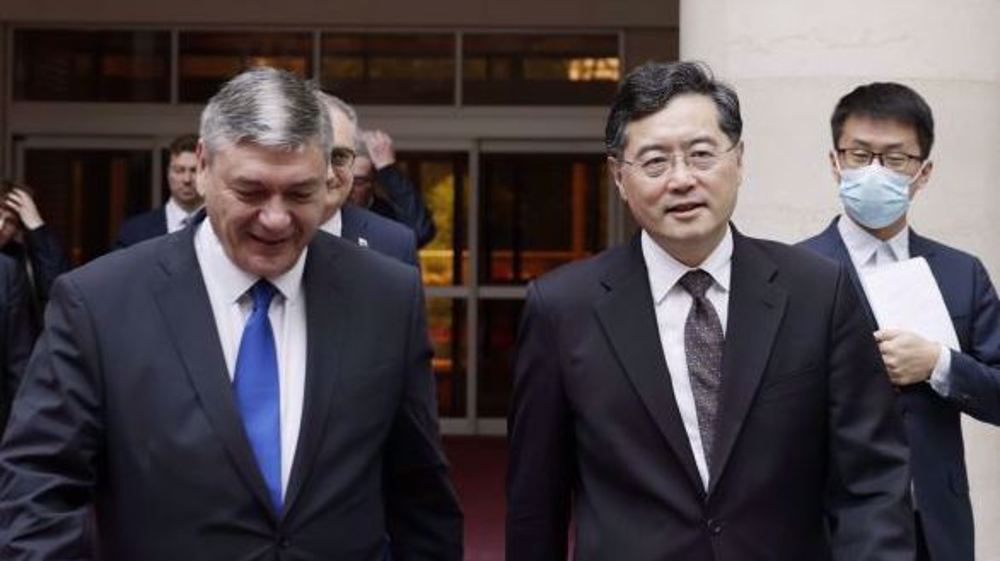

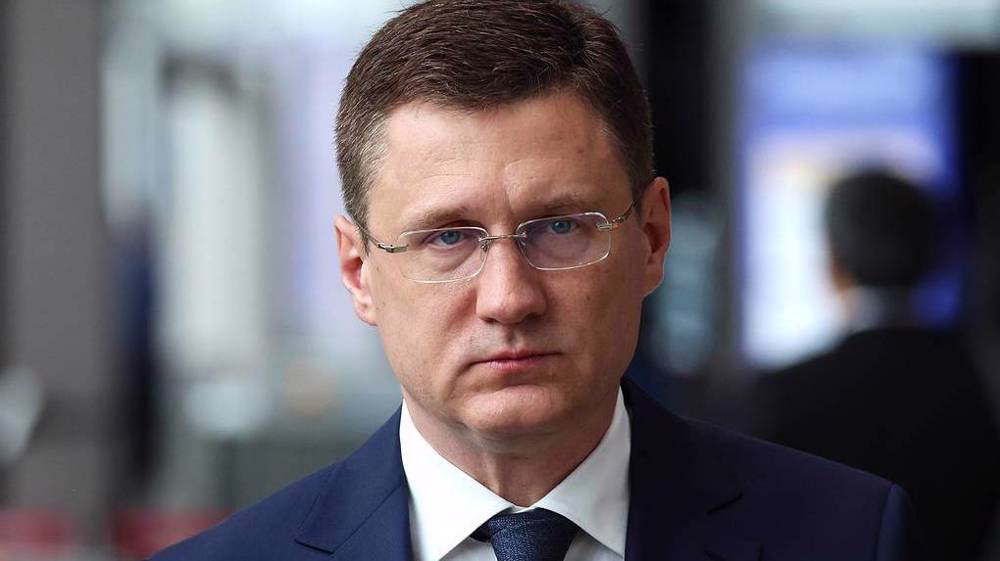
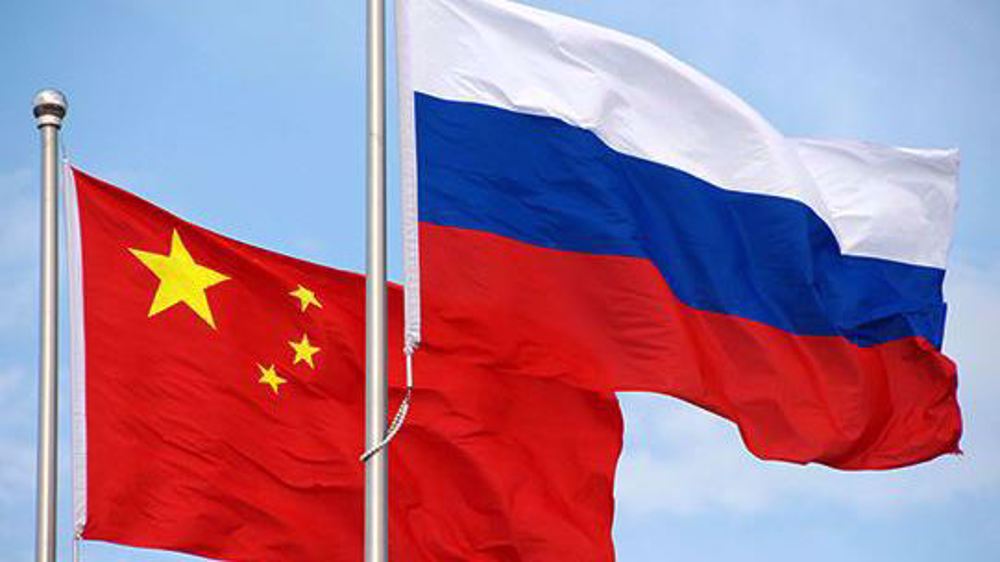

 This makes it easy to access the Press TV website
This makes it easy to access the Press TV website